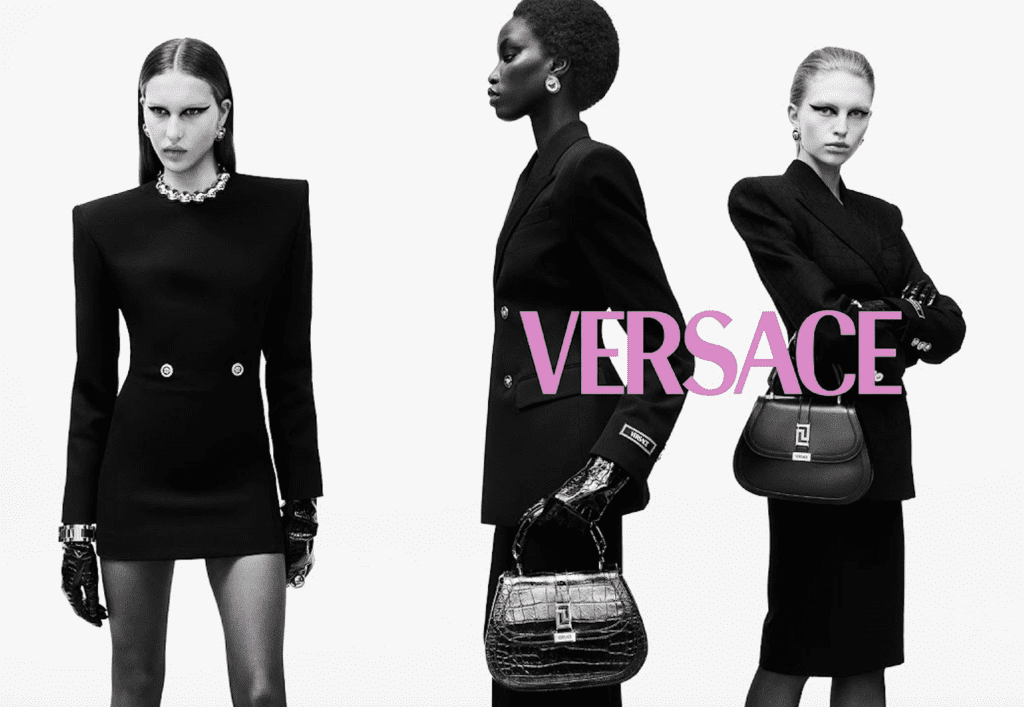Growth in LVMH Moët Hennessy Louis Vuitton’s Fashion & Leather Goods for the first nine months of the year topped that of every other respective division – from Wines & Spirits to Perfumes & Cosmetics, the Paris-based goods conglomerate revealed on Wednesday. According to a release from the world’s largest luxury goods group, the Fashion division is up 18 percent so far this year, while sales growth for LVMH as a whole amounted to 16 percent for the past nine months (compared to 11 percent this time last year), with revenues reaching $42.14 billion.
LVMH – whose ownership includes that of Louis Vuitton, Dior, Celine, and Givenchy, among some 70 or so other fashion and non-fashion brands, such as Veuve Cliquot champagne and beauty retailer Sephora – revealed that revenues for its Fashion & Leather Goods division as a whole amounted to $15.8 billion, achieving organic revenue growth of 18 percent. It does not break down sales by brand, although Louis Vuitton is widely known to lead the group in terms of revenue, and if Morgan Stanley reports are correct, Dior is inching towards mega-brand status, with sales topping €5 billion ($5.52 billion) as of 2018.
For the 3 months between July and September, the Fashion & Leather Goods division brought in nearly $5.5 billion and boasted 19 percent growth, thereby, remaining the group’s fastest-growing segment for the third quarter, followed by Wine & Spirits with 8 percent revenue growth and Perfumes & Cosmetics, which saw 7 percent growth.
Reuters noted the group’s “resilience in the third quarter,” according to Reuters, referring to its ability to withstand significant hits from the continued protests in Hong Kong, a key market for luxury goods brands due to its proximity to the Chinese mainland and its sales tax free status, as many luxury goods labels have been forced to temporarily close stores in the Chinese state. Such revenue growth, the publication stated, was “carried largely by a stronger-than-expected performance by its powerhouse Louis Vuitton [brand] and its fashion and handbag unit.” That same demand for handbags and accessories “is likely to resonate for [LVMH’s] peers also riding that wave, like Gucci-owner Kering.”
UPDATE (October 10, 2019): In an earnings call on Thursday, LVMH Moët Hennessy Louis Vuitton revealed that it experienced a 25 percent drop in sales in Hong Kong during the three months ending September 30. Despite the steep fall, tied to a drop in tourism in Hong Kong thanks to ongoing pro-democracy protests, “shares in the world’s biggest luxury group closed up 5.5 percent on the Paris Stock Exchange on Thursday, bringing their rise so far this year to almost 49 percent, as markets expressed relief that the impact was not more pronounced,” per WWD.
The Wall Street Journal’s Carol Ryan stated on Thursday that LVMH appears to be weathering the storm thanks to consumers simply shifting “business that would normally have been done in [Hong Kong] to other Asian hubs in mainland China and South Korea.” She says that this “builds on a growing trend” of Chinese consumers not relying as heavily on the Hong Kong market as in previous years, which has been prompted by “recent tax cuts by the Chinese government [aimed at] encouraging consumption on the mainland.” As a result, “It is now only 5 percent cheaper to buy a luxury handbag in Hong Kong than to pick one up in Beijing or Shanghai, Bernstein research shows,”
“Political turmoil will divert luxury sales,” she writes, “but it is still no match for Chinese consumers’ appetite for designer clothing and handbags.”











